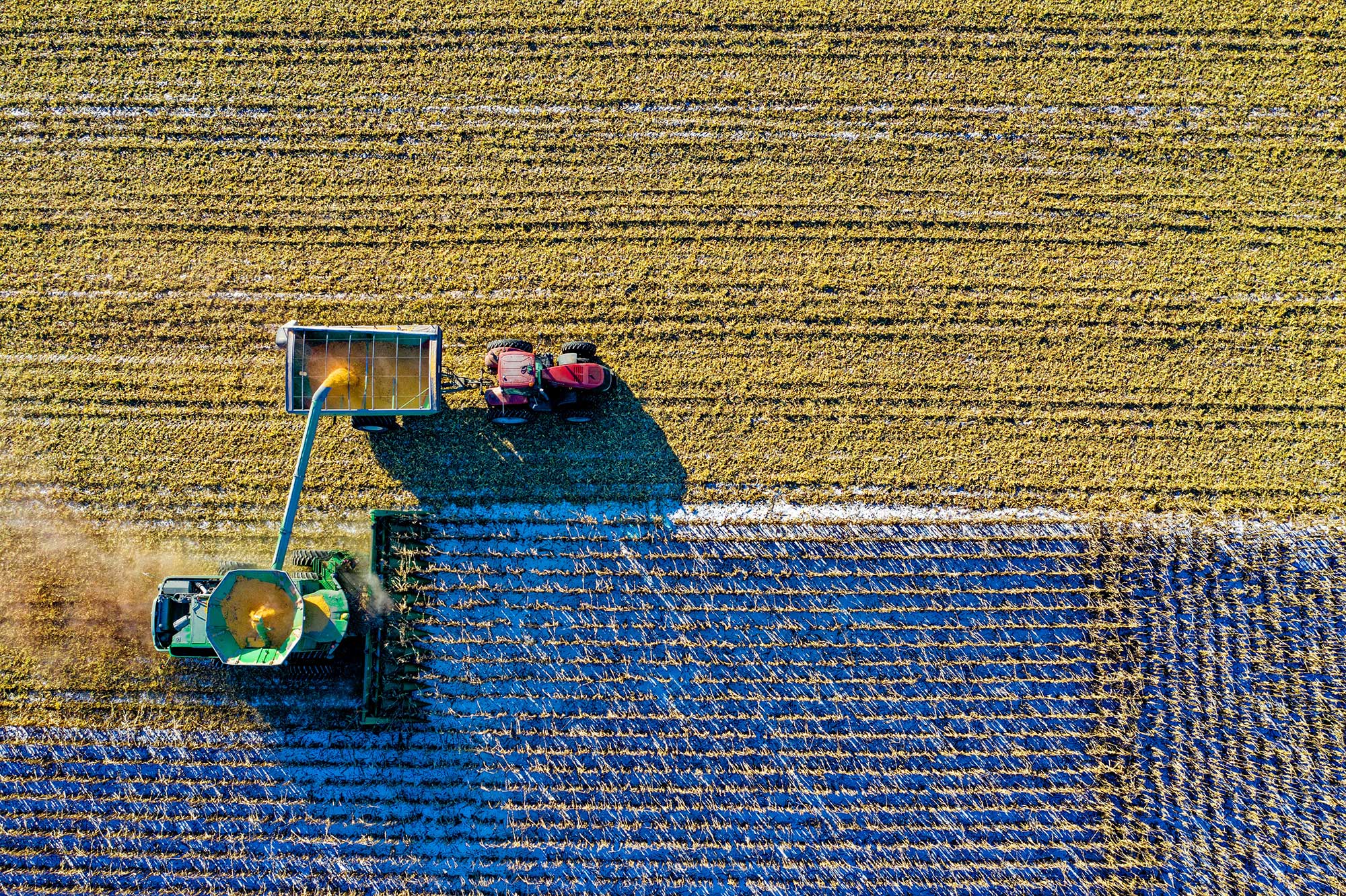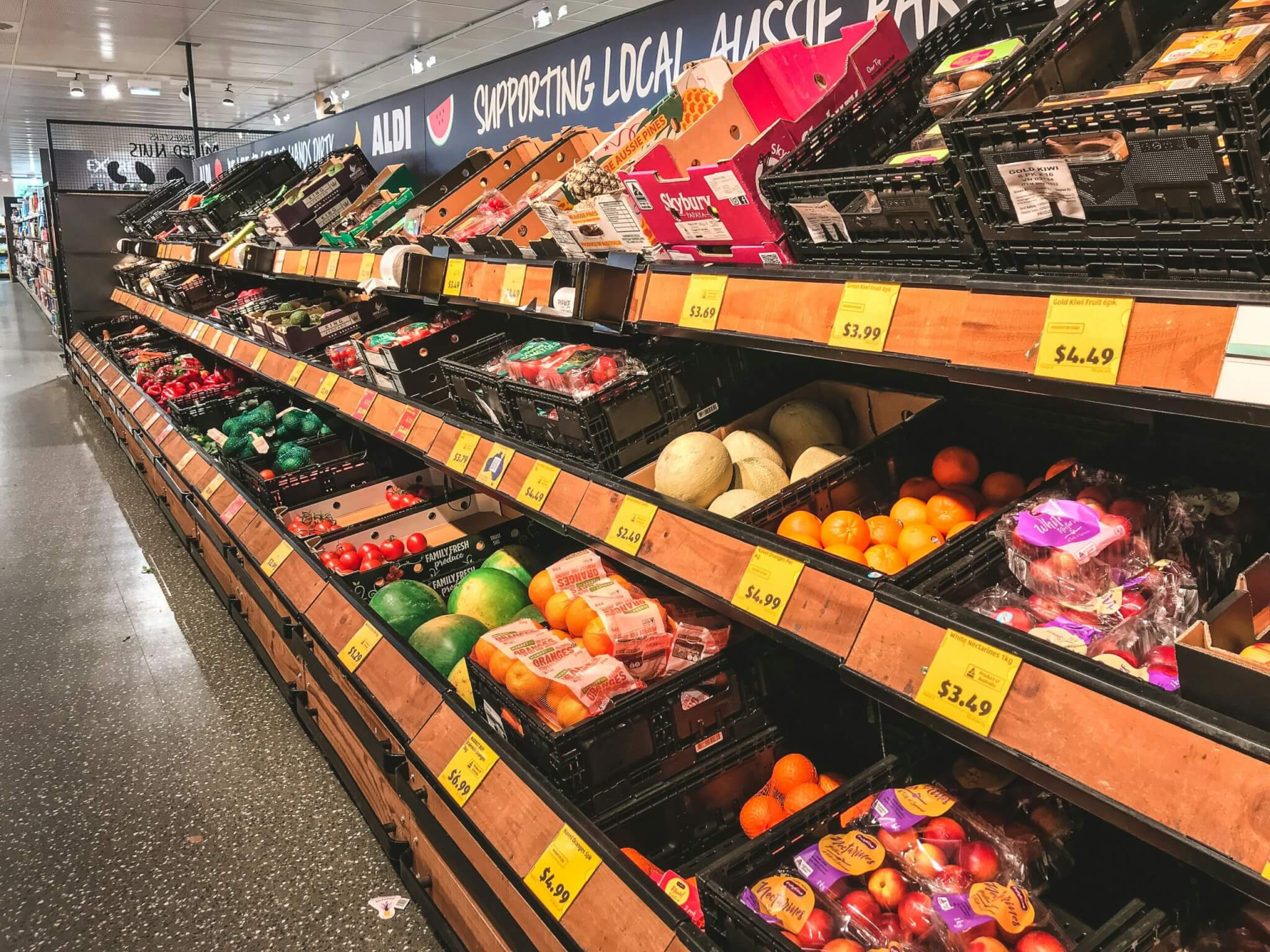Fertiliser companies are making four times more profit than previous years as struggling farmers foot the bill, a new report has found.
Synthetic nitrogen fertiliser, a fossil fuel-intensive resource made by mixing air with natural gas at high temperatures and pressure, has skyrocketed in price due to the energy crisis caused by the conflict in Ukraine.
But this has been passed onto the farmer and more, according to a report by farming NGOs GRAIN and the Institute for Agriculture and Trade Policy.
Due to a market monopoly, the world’s biggest fertiliser companies will make $57 billion in profit this year, four times more than 2020, profiteering at the expense of farmers.
In the report published last week, researchers looked at the costs of synthetic fertilisers from the four main agribusinesses and their profits into 18 major importing nations and compared them to years before the war in Ukraine.
“A handful of companies dominate the $200 billion global fertiliser market,” explained David Calleb Otieno, policy chief of the Kenyan Peasants League, a member of international farmers movement La Via Campesina. “This market dominance has enabled them to pass rising costs onto consumers while maintaining or even increasing their profit margins.”
The agribusiness industry and governments around the world have partnered to raise production to fulfil demand, but the report calls for support to decrease consumption because of the environmental damage it causes.
Energy intensive synthetic fertilisers produce 2.4 per cent of global emissions, are a major source of water and air pollution and underpins a system of farming that requires high levels of pesticides.
“Fertiliser companies are lobbying for support to increase fertiliser production, despite the costs for farmers, and the damage they do to our environment, our climate, and our soils,” said GRAIN researcher Devlin Kuyek.
Instead, researchers are calling for governments to support farmers’ shift to agroecological practices, such as organic farming, which use fewer or no chemical inputs like synthetic fertilisers.
“The era of cheap chemical fertilisers is over,” said executive director of the Institute of Trade Policy, Dr Sophia Murphy.
“To reduce prices and protect food production governments must end corporate profiteering, stop the overuse of chemical fertilisers, boost the production of organic alternatives, and redirect public spending towards agroecological farming practices that cause less harm than chemical fertilisers,” she said.
Kuyek added: “Farmers across the globe need to be supported to break free from the fertiliser trap to safeguard food production now and in the future.”
This adds to the growing momentum in the regenerative farming movement as UK farmers reported more interest in these techniques that help to cut fertilisers costs, skyrocketing due to the onset of war in Ukraine in March this year.
Most read this week on Wicked Leeks:













The perfect candidates for a global windfall tax surely?